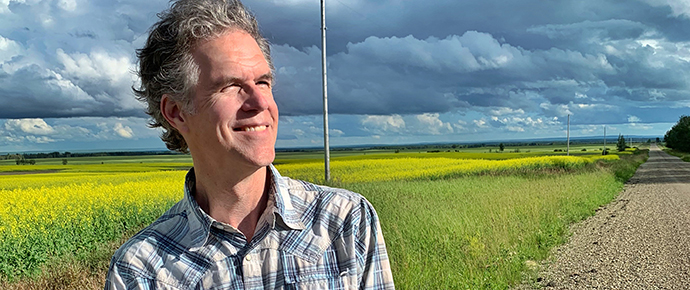
We sometimes exaggerate in bluegrass music as a way of compensating for the fact that we aren’t generally playing music for a mass market audience. And, even though most of us actually like that smaller-scale community feel of our music scene, we still like to put a bigger, and what we may feel is a more impressive, face on things.
One of the ways we do this is to appropriate terms associated with larger market entertainment and apply them to our small world (cue that Disney theme park song on the endless loop).
After all, we’re in the same business as Taylor Swift and Blake Shelton, just with a decimal point a few spaces over, so why not? In the end, a gig is a gig whether it’s at Madison Square Garden or Crosstown Pizza, right? Why shouldn’t we all speak the same language?
These are a few of the terms we use and what we’re actually referring to:
“Venue”: the back of a restaurant or possibly someone’s living room.
“Load-in”: opening the door for the bass player.
“Tour”: two shows an hour away from each other in Indiana.
“Mini-tour”: one show that’s an hour or more away from your house.
“Catering”: one case of bottled water.
“Guitar tech”: the guitar player.
“Roadie”: the banjo player’s spouse who’s good at carrying stuff.
“Dressing room”: port-a-john out back.
“Green Room”: the broom closet or kitchen.
“Bus”: anything with wheels that transports the band, from a motor home, to a mini van, to three Ford Focuses and a scooter.
“Bus Driver”: the mandolin player.
“Manager”: booking agent who also comes to your shows.
“The studio”: your bedroom.
“Groupies”: three elderly guys who ask you what kind of pick you’re using.
“Advance the date”: book “hotel” rooms.
“Hotel”: Super 8 or the house of the promoter.
“Standing Room Only”: house concert without enough chairs.
“Guarantee”: Contents of the tip jar, minus 20% to “the venue.”
“Chart”: Elaborate hand signals from the fiddle player, the only band member who can get away with not playing long enough to do this job.
“Stage”: Flatbed trailer, repurposed ping-pong table, or just a corner of the room.
“Stage outfit”: a cleaner untucked shirt.
“Publicist”: a friend who is good at creating Facebook “events.”
“Web designer”: the banjo player’s computer-savvy 12-year-old son.
“Merch sales staff”: the bass player’s wife, who is also selling her belly dancing instructional DVDs at the table.
“Contract”: a text message that says, “Are we still on for October 10th?”




